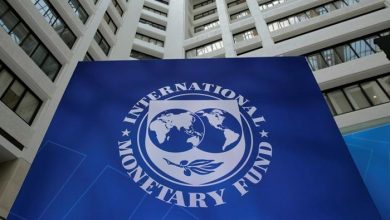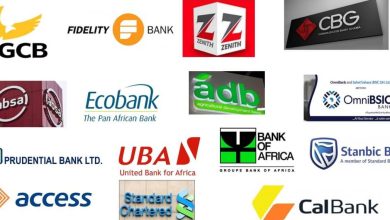Bank of Ghana Revises Forex Regulations, Introduces New Limits for Travelers and Traders

The Bank of Ghana (BoG) has announced new amendments to its guidelines governing the importation and exportation of foreign currency as part of enhanced anti-money laundering measures.
The notice, issued on Wednesday, August 27, 2025, under the Foreign Exchange Act, 2006 (Act 723), the Anti-Money Laundering Act, 2020 (Act 1044), and the Customs Act, 2015 (Act 891) as amended, sets clear requirements for travellers, importers, and exporters of foreign currency.
Currency Limits
Travellers entering or leaving Ghana are permitted to carry up to $10,000 (or its equivalent in foreign currency and monetary instruments) without declaration.
Declaration Rules
Travellers carrying more than $10,000 must declare the amount in full using the official FX-5 form from the Customs Division of the Ghana Revenue Authority (GRA), stating the source and purpose of the funds.
Inbound travellers with more than $10,000 must also provide proof of declaration from their port of origin.
Outbound travellers carrying over $50,000 must declare the funds and submit supporting documents, including endorsed forex bureau receipts and bank slips showing withdrawal or purchase of the currency.
Importers must present endorsed forex bureau receipts, bank slips, and valid trade documents such as an Import Declaration Form, commercial invoices, and contracts (where applicable).
Penalties and Prohibited Practices
The BoG warned that failure to declare funds, false declarations, or failure to provide documentation will result in seizure of funds, fines, or criminal prosecution. Foreign currency transported through mail or cargo will also be confiscated.
The guidelines, which define monetary instruments to include cash, cheques, bonds, money orders, precious metals, and prepaid wallets, will take effect from September 1, 2025.
The Central Bank emphasised that the new measures are aimed at strengthening Ghana’s compliance with international anti-money laundering standards and safeguarding the integrity of the financial system.









